Washing our clothes is something that we all have to do on a daily basis and it is a chore that is absolutely necessary, but for some it could be damaging their health!
We are not talking about those who have a tumble dryer or dry their washing outside, it is those that have to dry their washing indoors and use a clothes horse or a hang their washing on radiators that are at greatest risk. Smaller properties with no room for a tumble dryer and no access to the outside to dry their washing are at greatest risk. With the first rung on the property ladder becoming harder and harder to reach, more and more people are living in such properties.
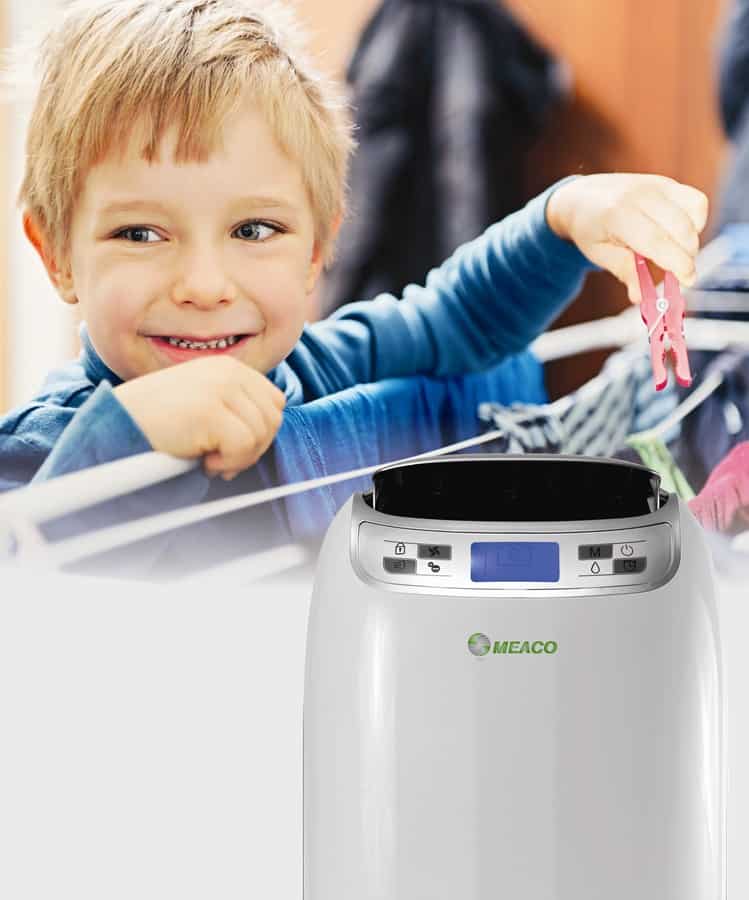
Washing dries because it wants to be in equilibrium with its surroundings, if the air is dry then it will release its moisture so that it can be the same as the air around it. If the air is already damp then it will take longer for the washing to dry. Simple really and something that anyone who has ever hung washing out on a line will of worked out for themselves.
The problems starts from around June/July onwards when the relative humidity of the air in the summer months increases and the moisture from the laundry adds to this and helps mould to grow on cool spots on the wall.
As we move from summer into autumn and then onwards into winter we keep our windows closed for longer and longer to stop cold draughts and this in turn traps the moisture inside the property and is added to by the moisture from showering, bathing, cooking and breathing. All of this starts to add up in the air, the washing takes longer and longer to dry and condensation will probably start to form on windows.
As well as the condensation and mould that we can actually see the high levels of humidity
in the air also have more invisible effects. Dust Mites reproduce when the relative humidity is high and unfortunately it is their droppings that contain the allergen that some are allergic to when inhaled. Mould grows when the relative humidity is above 68%rh and releases mould spores (seeds) to spread around the house, again it is the inhalation of these spores that causes the problems.
All of these triggers are directly linked to an increase in relative humidity in the property caused by the way that we live our lives. But if you do not want to open the windows to let heated air out and cold air in, then what can you do?
Using a dehumidifier with a Laundry Mode will reduce the amount of moisture in the air which will have the following knock on effects;
- Mould will not grow
- Dust Mites rate of reproduction will reduce
- The property will feel warmer and will be cheaper to heat
- No cold draughts
- Washing will dry faster
- Condensation will be eliminated or reduced
- Walls and surfaces will have to be cleaned with mould remover and redecorated less often
- Clothes in built in wardrobes will not smell musty
- The property in general will be a healthier place to live
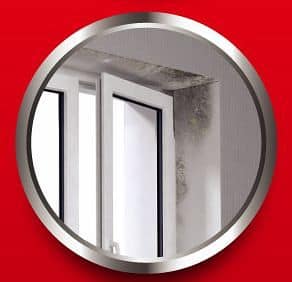
Damp around a window is a common problem in damp homes.

Position the clothes horse next to the dehumidifier and put them both in a small room with the door closed.
In order to dry washing efficiently you should position a Laundry Drying dehumidifier next to the washing in a small room (the kitchen perhaps) and close the door. The dehumidifier will dry the air within the kitchen to around 35%rh and the washing will release its moisture from the laundry to be in equilibrium with the air in the room. The water that is released into the air will be collected by the dehumidifier and will not be able to travel around the property and will therefore not be able to create damp issues. If you are able to position the washing so that the dry air coming out of the dehumidifier hits the washing then it will dry even faster (think windy day outside and washing on the line).
So using a dehumidifier can significantly improve the quality of life in your property, something that Meaco customers agree with, when surveyed 91% of Meaco customers said that using their Meaco dehumidifier enhanced their quality of life. But you do need the right type of dehumidifier, buying the wrong one can result in disappointment.
Most of the issues we are talking about here are going to occur in flats, apartments and smaller terraced houses or maisonettes. So if the property is small then you don’t want a large dehumidifier and you want a quiet dehumidifier. Weight is also an issue because you will be moving it to the room that you will be using to dry the washing in and then back to a central location (hallway probably).
This is why Meaco have designed dehumidifiers that can dry laundry quickly and cheaply and then be a joy to use throughout the rest of the day to keep the rest of your home dry and damp free.
The Meaco DD8L Zambezi and the Meaco 12L Low Energy Dehumidifier have quickly become firm favourites with flat owners because they tick all of the right boxes as well as providing extra warmth to the space.
So drying your washing the Meaco way can improve your health, wealth and enhance your quality of life. Whoever would of thought that a dehumidifier could be so fundamentally important.
If you are living with damp and think that a dehumidifier might help then please feel free to contact Meaco on 01483 234900 for a chat and advice.
Products featured: Meaco DD8L Zambezi, Meaco 12L Low Energy Dehumidifier

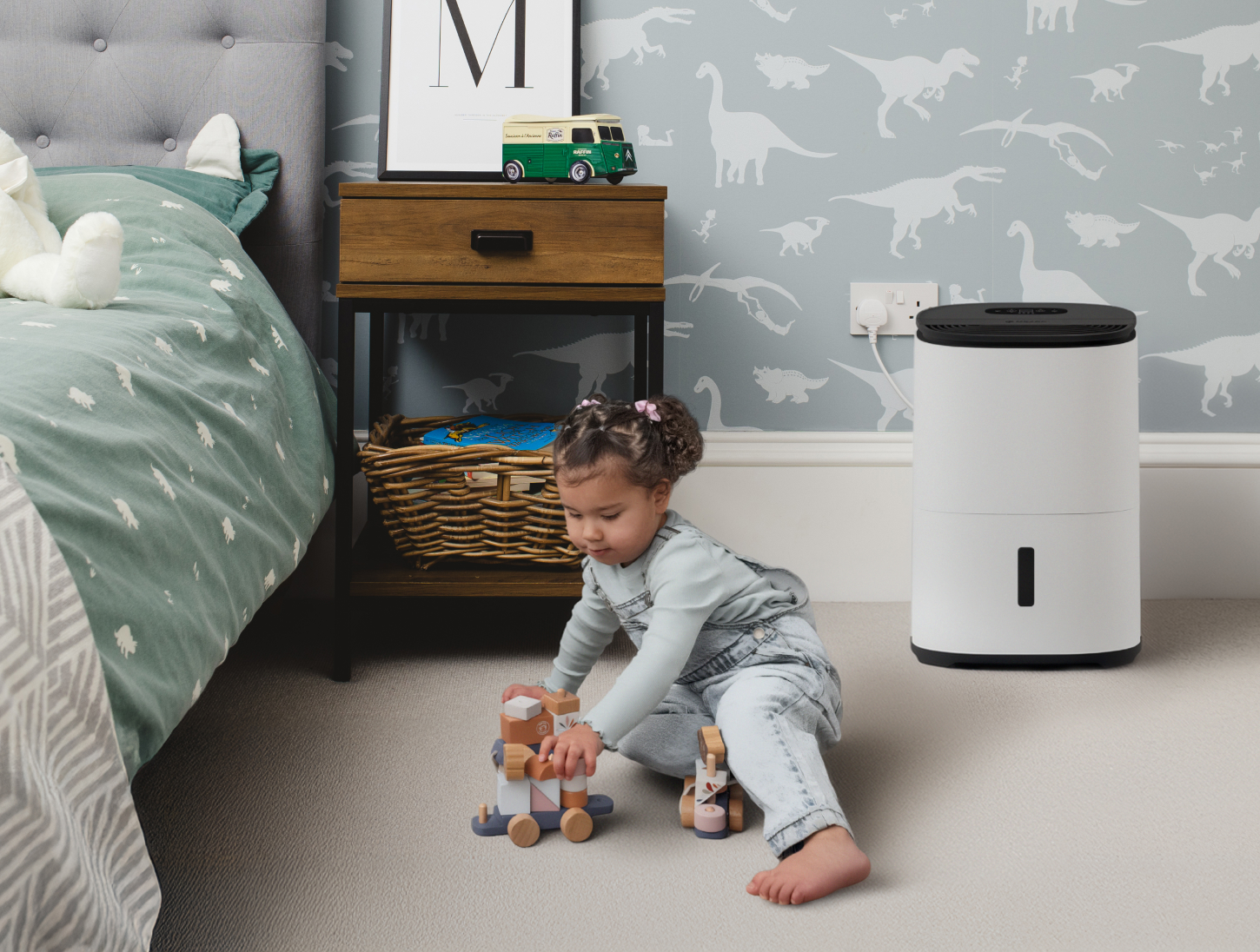
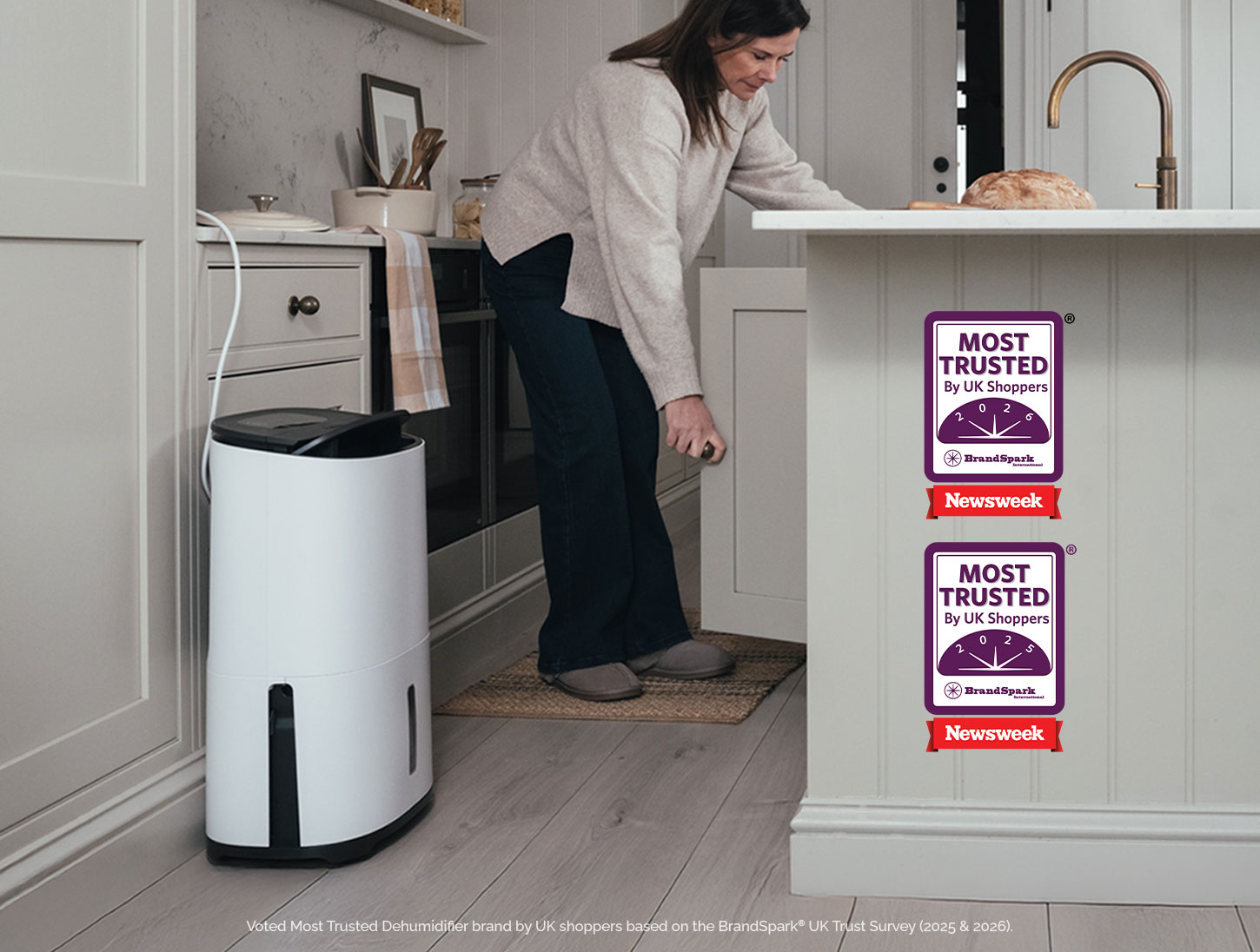
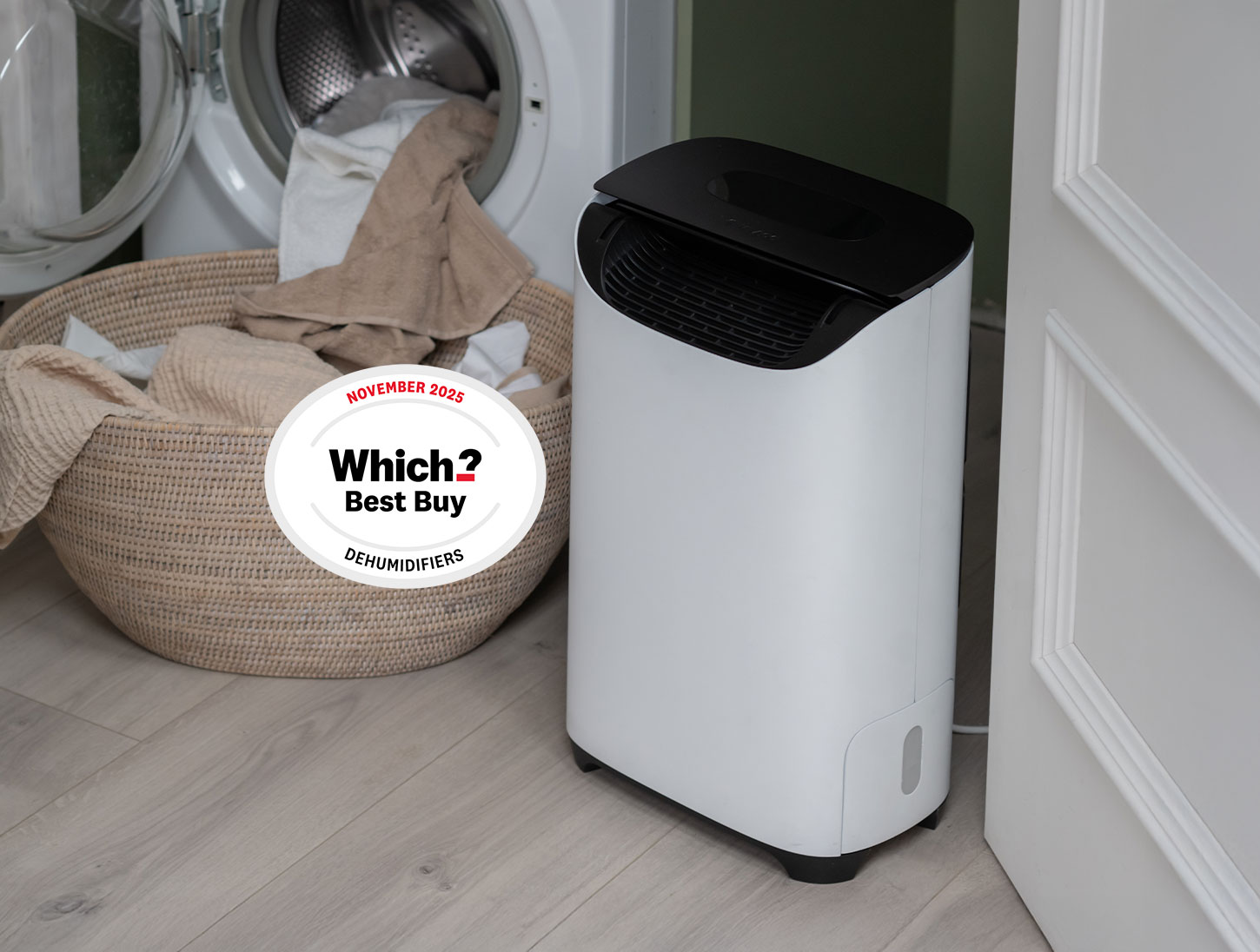
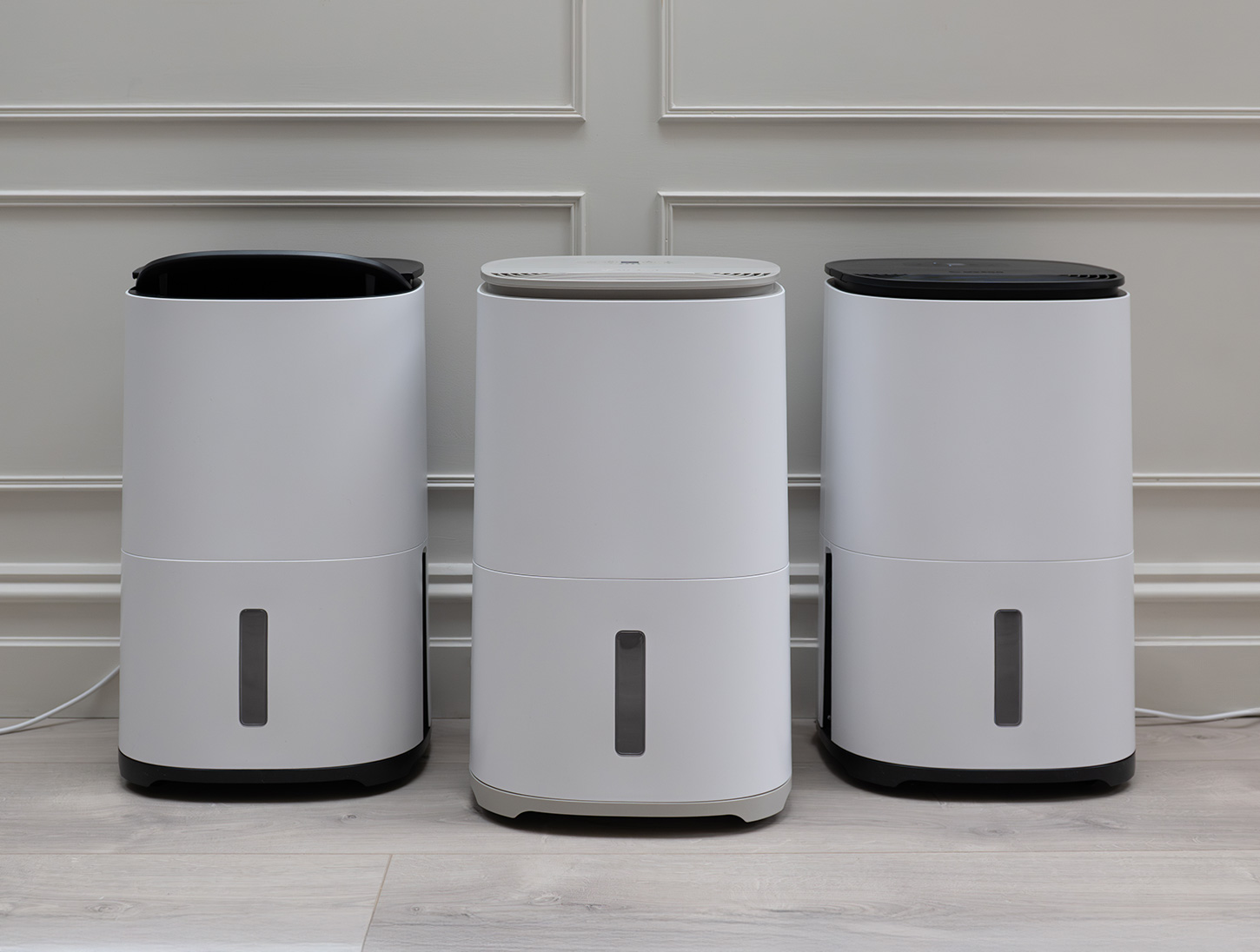
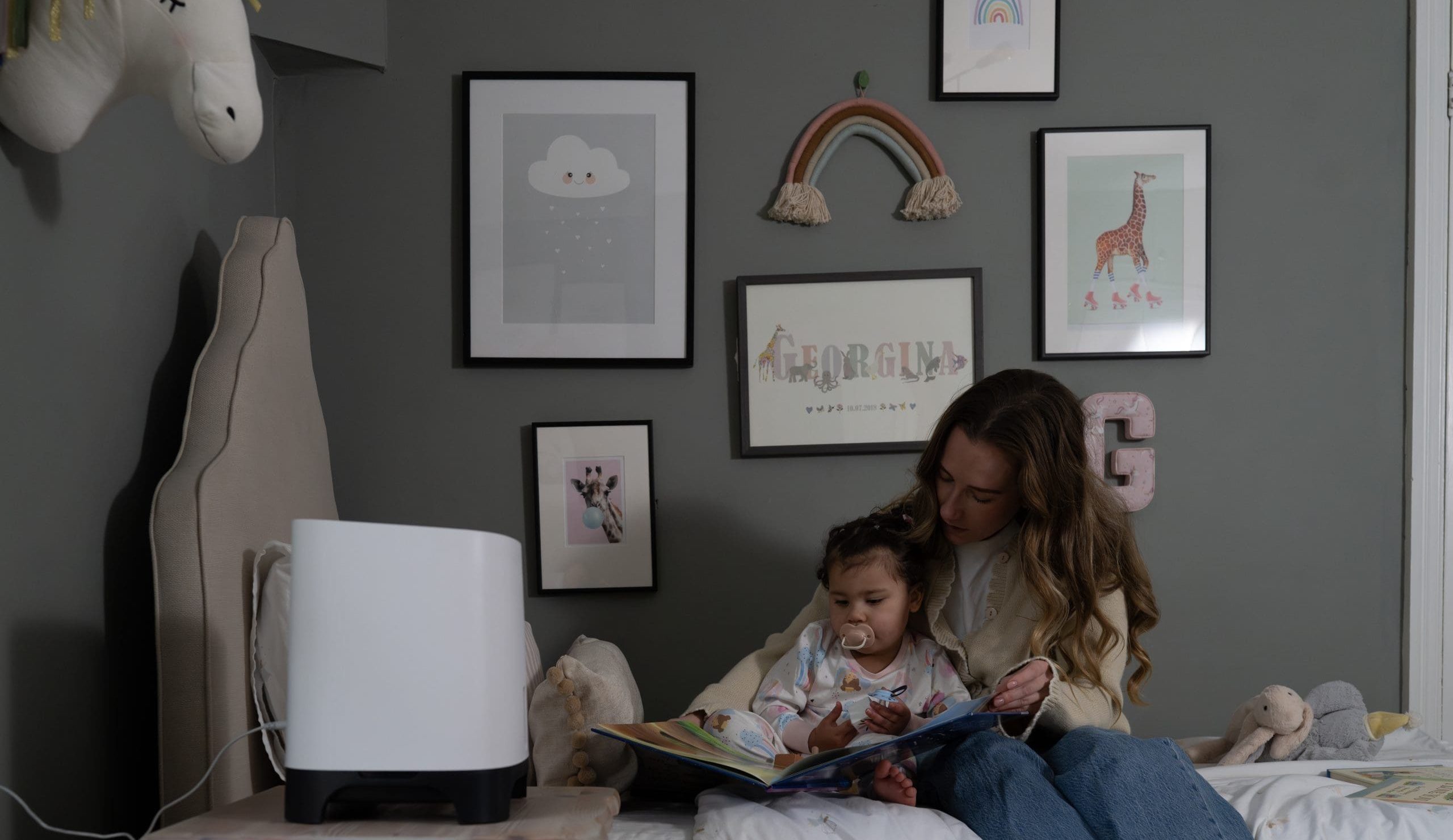

10 responses
Thank you for replying … you have recommended a 20l energy efficient humidifier…. what one do you recommend I should buy there are so many on market …. and I need one to dry clothes on my clothes airier .. and to get rid if my damp on ceilings and condensation on my windows. you recommended I put it central area with all doors open.. and do you put humidifier next to clothes airier will it still get rid of my problems with all that’s happening many thank you,s
Here are some links, stock will appear around the 8th December.
https://www.meaco.com/products/meacodry-arete-one-20l-dehumidifier-and-air-purifier
https://www.meaco.com/products/meaco-20l-low-energy-dehumidifier-and-air-purifier
When you dry the clothes put the dehumidifier next to the clothes so that the dry air hits the clothes.
Hi,
I am planning on converting my walk in wardrobe (6ft length x 4ft) width into a drying room using one of your dehumidifiers. I had in mind to line the walls and ceiling with panelling that is used in shower cubicles, just to keep the damp contained in one area. Does this specification sound a little overkill? Also how far away should I site the dehumidifier from the garments hung up?
Karl,
The most effective way to dry clothes with a dehumidifier is to make sure that the clothes are not too bunched up so that the dry air can hit all of them. Stand the dehumidifier in front of the clothes and then put a pedistal fan behind the dehumidifier so that the dry air is blown as hard and fast as possible across the clothes with the fan going left and right across the clothes. Stand the dehumidifier far enough back so that the fan can reach the clothes at the far left and right. Always make sure that water from the clothes does not drip into the dehumidifier.
Hope this helps.
Chris
My house is so dry (5 years old) the internal bathroom mirror barely steams up when you have a shower, with the fan off and the doors shut. I dry clothes on the radiator all the time, there’s no mould or damp anywhere. Although scientists can’t say there is one particular reason for condensation, damp or mould growth, I would suggest there could be a certain contributing factor in all cases. Hope this helps!
Best regards, Mick
Mick,
That is one way of looking at it but condensation and damp are really quite simple and condensation is a lifestyle issue but for the majority it makes more sense to not open the windows and let cold drafts in during the winter and hot air out. It is just common sense to use a dehumidifier to control the problem and save money instead.
The next family that live in your house might shower for longer, have more occupants and therefore more clothes to dry and boil they meals on the hob for longer. Then the house might well start to suffer from condensation. Glad to hear your life is trouble free for now, long may that continue.
Chris
I’d suggest you to think carefully before you type, please do not call people with condensation problems ‘tramps’ and calling their properties ‘shit’ – not everyone are lucky enough to have properties that stay dry although, properties that are too dry creates different problems too.
What an absolute idiot!!!
My husband says drying washing in the house is good for your health he loves it and is always right
Alex,
If you have your heating up high then the air in your house is probably and will therefore benefit from the extra moisture that comes from drying washing indoors. She is probably right and that is what makes this so complicated for people is that it is different for everyone. Do though keep on ventilating to make sure that you do not get a build up of moisture.
Chris